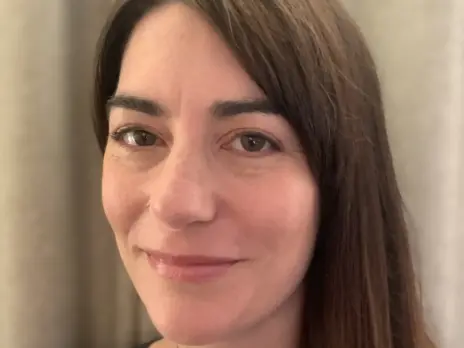Unless we take urgent action to address the decline of the regional press we will find the whole journalism industry is built on sand.
Regional newspapers are where news begins. Without local reporters reading council agendas, going to meetings and picking up the phone, the national press, broadcasters and even the likes of Buzzfeed will have far fewer stories to follow up.
Society and democracy will be immeasurably worse off.
When I started my career as a reporter at Johnston Press in 1998 the company was making enormous profits of around 40 per cent on turnover.
Even then costs were incredibly tight. I was the only reporter on my edition (fresh out of college on a pittance of a salary) and covered a population of around 20,000 – a busy market town and its surrounding villages. We had one shared sub-editor who provided some continuity and much-needed advice and oversight.
When the district council wanted to build a huge waste incinerator on my patch, when dozens of homes were submerged by flooding and when a mother of four denied mental health care committed suicide, I sought to provide a voice for local people and to help them hold those in authority to account.
The sub-editor was axed some years ago and even the dedicated district reporter has now gone. The paper is instead filled by content provided by a centralised pool of reporters covering several titles, much of which comes from elsewhere in the area.
It the same story all over the country.
This week two newspapers covering nearby market towns in Yorkshire were merged: The Hebden Bridge Times and Todmorden News. The papers once had four journalists each “pro-actively seeking stories, monitoring local authority decisions and reporting from the courts”, as the local NUJ branch put it.
Today, the content is provided out of a pool of journalists based in Halifax who also work on other titles.
The two towns are 14 miles apart and, I suspect if they are anything like my old patch, intensely parochial when it comes to local news and baffled by the idea that they should be merged.
Ten years ago, the Newspaper Society estimated that 13,000 journalists were employed in the regional press. It no longer publishes a figure, but my estimate is that the total may well have halved.
New local independent websites are cropping up all the time, but only a tiny minority provide professional journalistic coverage. Most are run by volunteers.
Regional press publishers can’t be blamed for the fact that their revenue fell off a cliff in 2008 and has not returned. The classified advertising which underpinned their business model has gone and they have had to cut costs to survive.
With charter renewal looming at the BBC we have a chance to ensure that the corporation uses some of its £3.7bn licence fee income to better support professional local newsgathering.
The relationship between local BBC websites and radio stations and regional newspapers needs to be mutually supportive.
Why shouldn’t the BBC, as a public service broadcaster, seek to fill in the gaps in news coverage by providing court and council reporting in areas where it is no longer economically viable for commercial publishers to do so?
And why shouldn’t the BBC pay a fee for stories which are uncovered by local newspapers, rather than following them up for free and undermining the ability of commercial publishers to survive?
The corporation can help local newspapers in other ways, by promoting them and sharing its expertise and technology.
The BBC, like all national media, can only benefit from the maintenance of a strong network of regional press newsgatherers.
Email pged@pressgazette.co.uk to point out mistakes, provide story tips or send in a letter for publication on our "Letters Page" blog






